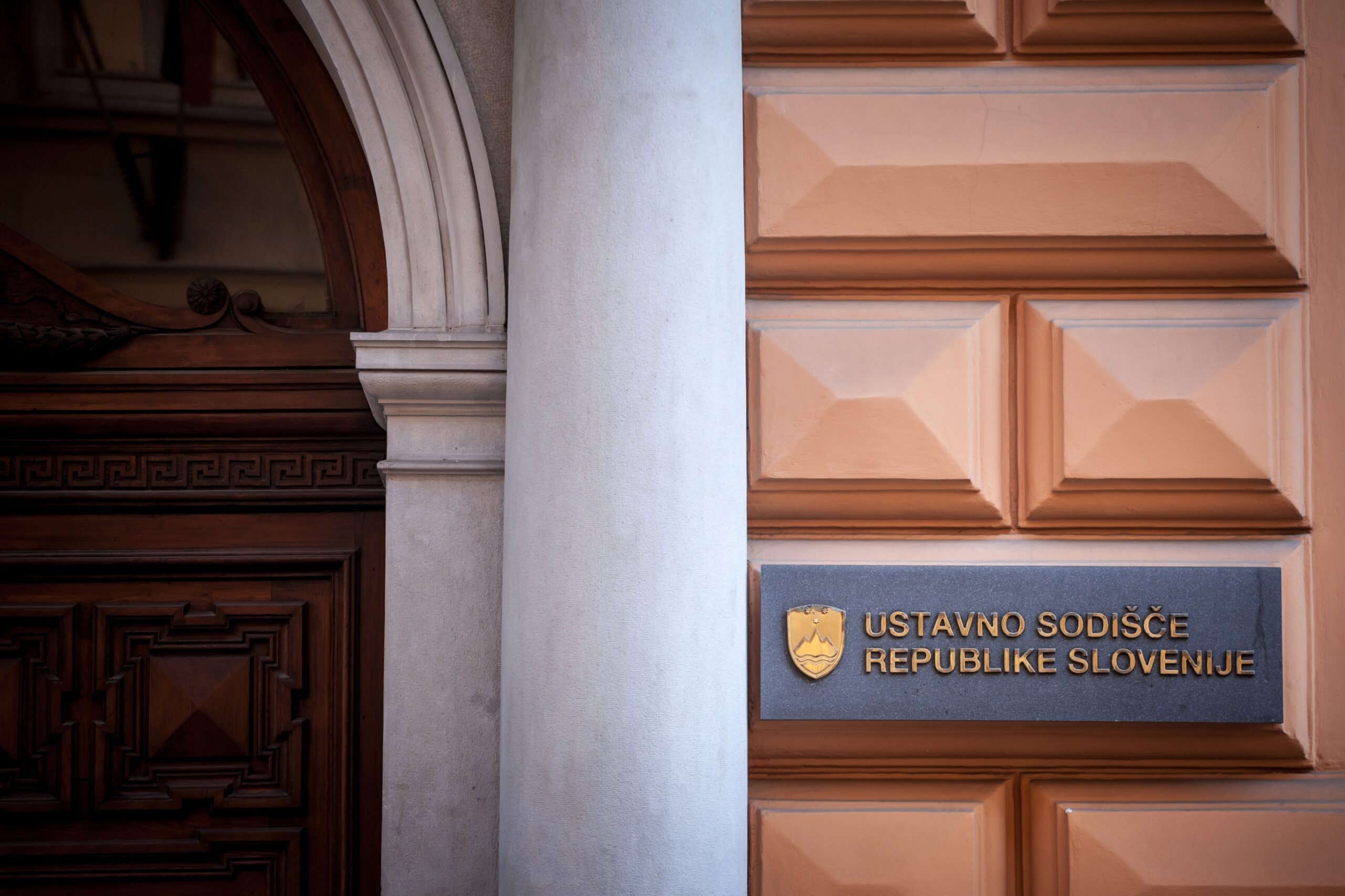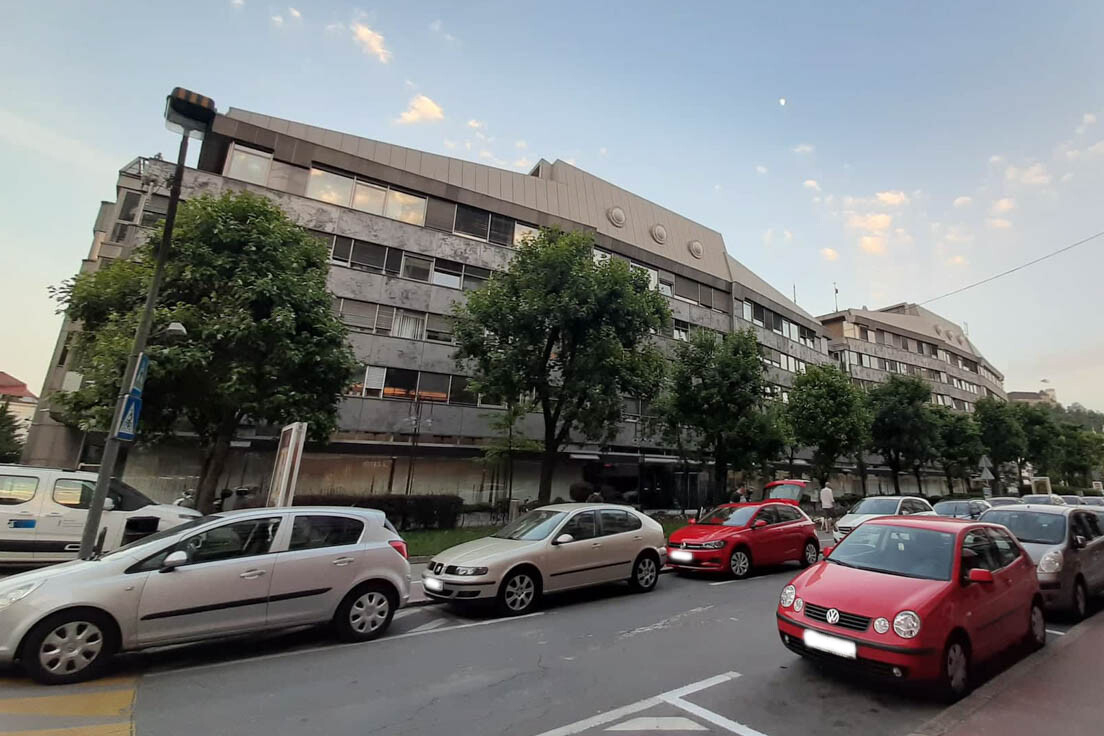STATEMENT
PMA welcomes passage of public media law in Slovenia
6th June 2023
A new law, designed to protect the public broadcaster, RTV Slovenija, has finally come into effect, heralding a new start for the organisation.

The Public Media Alliance welcomes the news that a law, passed last year and designed to protect the public service broadcaster of Slovenia, has finally come into effect.
PMA has been monitoring the situation at RTV Slovenija (RTV SLO) for several years, ever since the previous government, under the populist Prime Minister Janez Janša, made efforts to undermine and erode the independence of the public broadcaster.
When a new government was elected last year, with a promise to shore up the defences of RTV SLO, they quickly passed this law. PMA supported this legislative effort, alongside other civil society groups, such as IPI and OBC Transeuropa. The bill also went to a public referendum, where it was supported by 62% of voters.
But for months, the legislation was held up by the Constitutional Court, thus prolonging instability at the broadcaster. Staff remained dissatisfied with the situation and went on strike for a number of months.
Eventually, last week, the Constitutional Court published its opinion which lifted the suspension of the Act.
The law makes changes to the governance of the broadcaster, combining two authorities – the Programming Council and the Advisory Board – into a single board. It also provides less scope for the government of the day to instil political allies onto the board, with most board members now elected by RTV SLO staff and civil society. The Board will subsequently appoint a four-member team, to manage the broadcaster.
On Monday 5 June, the new Council held its first meeting, and elected a new President. In the coming weeks, the new management team will be appointed.
Subscribe toour newsletter
Keep updated with the latest public
media news from around the world
Despite calling the meeting, the current Director-General, Andrej Grah Whatmough – himself involved in many of the controversial decisions – did not attend. “I have never heard of a case where the one calling the meeting was not present at that meeting,” said the new President of the Council, Goran Forbici. “As far as I could hear, the acting general manager was complaining about our astonishment, since he was not among the invitees. But in my life, I have never seen an invitation on which the convenor or the sender invited himself.”
Earlier in May, Mr. Whatmough wrote to the President of the EU Commission, Ursula von der Leyen and the Commission’s Vice-President for Values and Transparency, Věra Jourova, complaining about government interference. Mr. Whatmough was also part of the group which took the government to the Constitutional Court over the legality of the law.
Restoring trust in the broadcaster
The president of the Union of Journalists of Slovenia, Alenka Potočnik, called on the new administration to implement “a rehabilitation program that will eliminate the damage that has occurred in recent years on public RTV, and that in the end RTV Slovenia will be much, much better than it was a year or two ago.”
International press freedom groups as part of the Media Freedom Rapid Response (MFRR) welcomed the passage of the law. “The enforcement of the new law offers a turning point in the modern history of RTV SLO and creates the legal framework in which to do so,” they said. “The new management, when appointed, will take on a heavy responsibility to oversee positive change and rebuild credibility.”
🇸🇮 The MFRR welcomes the Slovenian Constitutional Court’s approval of amendments to the law on @RTV_Slovenija. This ruling allows RTV SLO to rebuild its editorial independence, fulfil its public service mission, and operate without political interference.https://t.co/jBqdysW707
— Media Freedom Rapid Response (MFRR) (@MediaFreedomEU) June 5, 2023
The Public Media Alliance joins our civil society colleagues in welcoming the passage of the law. For several years, the situation at RTV Slovenija has deteriorated, and we hope this marks a turning point in the fortunes of the public broadcaster. However, this is just the beginning, and the organisation will now need to work to restore public trust and confidence in their work, and ensure adequate protections are in place to better protect journalists from harassment and attacks. We will continue to monitor these efforts and provide support where we can. We urge the new Council to appoint a qualified management, who believe in the principles of independent public service media.
Related Posts
29th November 2022
Slovenia: Bill to depoliticise public media receives public support
Slovenian voters have backed a bill to…
24th November 2022
Slovenia: Media freedom groups back legislative efforts to depoliticise public media
PMA and other media freedom groups back…
27th May 2022
RTV Slovenija staff strike for independence of public media
Employees of Slovenia’s public…
